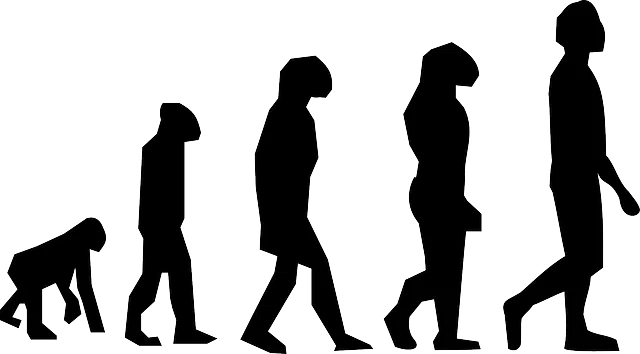
Natural selection favors the evolution of species.
The concept of natural selection is part of the theories proposed by the British naturalist Charles Darwin to explain the evolution of species . According to Darwin , the various biological species share a common descent that has branched out through evolution .
In this process, Darwin states, populations managed to evolve in their successive generations thanks to a mechanism that he called natural selection. Said selection consists of the reproduction of genotypes according to environmental conditions, which hinder or benefit reproduction according to the characteristics of the organism.
Premises of natural selection
Natural selection, in other words, implies that nature "chooses" how organisms reproduce according to their properties and thus favors adaptation, driving the evolution of species .
Darwin understood that natural selection respected certain premises. The scientist, in his works, explained that the selected trait is hereditary and that there is variability in this trait between specimens. This variability causes differences in biological fitness (survival) and means that only certain characteristics of new appearances extend to the entire population . The accumulation of variations that survive over the course of different generations constitutes the evolutionary process .
survival
Natural selection is usually explained as the survival of the strongest or the fittest , since the organism that survives and evolves is the one that managed, thanks to evolutionary changes, to adapt to the environment. The other organisms, however, become extinct.
The idea, in any case, is usually questioned when it is transferred to other areas since it seems to justify the elimination of those who are weak or have adaptation problems in their group.

The British Charles Darwin proposed the theory of natural selection.
Uses of the theory of natural selection
Since Darwin (1809 – 1882) developed the theory at hand, many uses have been made of it. Thus, for example, he highlighted the one that deals with the development of antibiotic resistance in microorganisms. These drugs, since they were discovered in the 1920s by Alexander Fleming, have been used to deal with different diseases that are considered to have a bacterial origin.
In 1859, for the first time, this man of science proposed the aforementioned theory of biological evolution , which became a true revolution at that time and which, today, continues to be a fundamental milestone in science. So much so that, for example, it has come to shape other similar approaches. Specifically, we are referring to Neo-Darwinism or Neo-Darwinian Theory, which is a continuation of Darwin's work.
Neo-Darwinism
More specifically, it is said that this new theory is a perfect sum between the approach that concerns us about natural selection, the genetic theory developed by Gregor Mendel and the so-called mathematical population genetics .
Current scientific professionals are clear that natural selection takes place in a population as long as three fundamental factors exist, such as differential biological efficiency, phenotypic variation, and inheritance of variation. Thus they determine that if these three elements occur, a change occurs in the genetic formation of the aforementioned population through natural selection.
